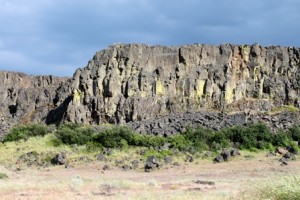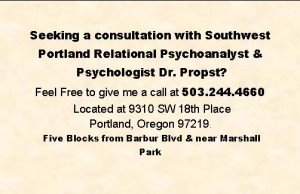Depression, Anxiety and Stress include the following, and they can overlap:
- “I can’t do anything right.”
- “I get really down on myself. I tell myself what a failure I am.“
- “Nothing is worth doing unless I can do it perfectly.”
- “I can’t seem to connect with people and make the friends that I need.“
- “Sometimes things just seem too much.”
- “I can’t make friends-I am lonely.”
- “I am so stressed out, I can’t think straight!“
- “I just can’t get started doing anything.”
- “I think I am down on myself so much and depressed because my mother was always so critical.”
- “I have often thought that my abuse experiences as a child still affect me, but I don’t know how.”
- “I am afraid I won’t do it right. I’ll look like a fool.”
- “I’m sure most people don’t like me when they get to know me.”
- “I feel either depleted of energy, or so tense, I can’t sleep.”
- “My mind won’t stop, especially when I try to sleep or focus on a task.”
- “I’m terrified of someone being angry at me, so I avoid all confrontation, or even letting people know what I think or feel.“
- “Just when I have a chance to get ahead, I seem to make stupid decisions.“
- “I am ashamed to even attempt new things–I recall the hostility I received from others in the past.“
- “I am embarrassed to be with people, to even look at them. They will see how inadequate I am.”
- “When people are critical of me in the work place, I get anxious rather than angry, and feel inadequate. I find myself believing them, even though I know I don’t really believe them.“
- “I keep taking on new tasks, because I am afraid not to, afraid of criticism, or afraid of some sort of catastrophe.”
- “I want to keep everyone around me happy.”
- “I get so caught up in others’ demands that I forget who I am.”
- “I get so tense that my body hurts, especially my stomach.”
- “I feel like a failure at work, but I work so hard.“
There are many causes of depression, anxiety and stress, including internal factors and external factors.
Someone is usually diagnosed as being clinical depressed if they have a depressed mood as well as some of the following: losing interest in things; guilt; low self-esteem or self-criticism; loss of hope; appetite or body weight changes; difficulty sleeping; or difficulty concentrating.
Someone is diagnosed with some type of anxiety disorder if they have persistent fears or worries, or extreme bodily tension. The focus of the worries defines the particular diagnosis, that is, whether it is generalized, a phobia of something, or a social anxiety, or an awkwardness around others.
Depression and anxiety are often made of specific components, including low self-esteem and insecurity, self-attack or self-sabotage, difficulties in relating or connecting to others, the tendency to take criticisms from others too personally, and indeed to adopt their attitude towards one’s self. Included in this group of behaviors is the inability of some individuals with depression to even feel anger towards others, or if they can feel angry, they are afraid or unable to let the other person know they are angry. Depressed or anxious individuals also tend to absorb too much from their environment and lose their own sense of their self and their goals. That is, they adopt the environment’s critical attitudes towards themselves as their own. This environment may be the family, a work place, school, church, or friends, but they may take all the blame in any circumstance.
Depressed or anxious people generally have a low opinion of their abilities, and fear others do so also. The depressed individual may have just given up sooner on making any changes.
Post-Traumatic Stress Disorder, or PTSD is also a type of anxiety. It is an emotional & physical reaction that is produced by a prior traumatic event such as physical or emotional abuse, war, illness, or personal tragedy. Symptoms of PTSD can include anxiety & depression as listed above. However, individuals with PTSD can also have flash-backs of the event. Individuals with PTSD may also have emotional or physical symptoms triggered by reminders of the event. Sometimes, merely having had a traumatic event in one’s past is sufficient to be diagnosed with PTSD.
Finally, some anxious individuals often have more physical issues such as irritable bowel syndrome as they unknowingly tense their body in response to real or perceived threats, challenges, or stresses.
Famous people who have suffered from depression or anxiety include:
Oprah Winfrey
C.S. Lewis
Agatha Christie
Princess Diana
Winston Churchill
Peter Tchaikovsky
Georgia O’Keeffe
Charles Spurgeon
Woody Allen
William Blake
T. S. Elliot
Michelangelo
Abraham Lincoln
Anthony Hopkins (actor)
John Steinbeck


